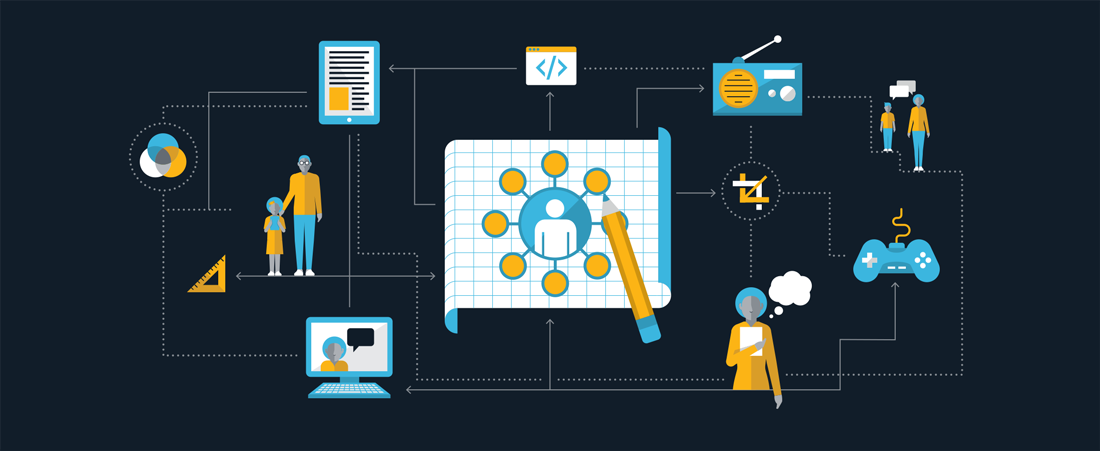
EDC’s collaborative process brings together scientists, researchers, educators, creative artists, media and technology specialists, and intended users—from young children to the elderly—to design, test, refine, and disseminate high-quality curricula, trainings, interventions, and other resources.
We create professional development and continuing education programs for busy practitioners, open-source online courses that reach hundreds of thousands of budding entrepreneurs around the world, and digital tools and applications that promote basic literacy and health.
Our work demonstrates that the best learning integrates knowledge and experience to empower individuals with critical skills and to achieve sustainable improvements in services and systems.
Learn about EDC’s work to strengthen early childhood interventions with Continuous Quality Improvement.
Resources
This free workshop kit is designed to help staff in schools, youth-serving organizations, and suicide prevention programs take action to reduce suicidal behavior among lesbian, gay, bisexual, and t
This guide helps school districts choose the computer science (CS) curricula that best suit their communities’ needs.
Drawing on its extensive work in fragile environments, EDC developed this set of case studies that chronicles best practices, lessons learned, and stories of success.
The Learning Generation Initiative strategy is a comprehensive road map that outlines our vision and strategic initiatives.
STEPS to Care e-Tools is a set of public health strategies for individuals at the highest risk of dropping out of HIV care.
What can cause climate change? What would it take to colonize another world? Will another large earthquake happen in California?
This infographic shows the results of an evaluation of the Akazi Kanoze 2 Project in Rwanda.
This website features assessments to diagnose whether students have specific misunderstandings or misconceptions about rational numbers, such as fractions and decimals.
This report details the work of EDC’s Proyecto METAS to improve education for employment, learning, and success in Honduras. Specific challenges to program implementation are discussed, as are innovative solutions.
EDC developed Video Opportunities for Innovative Condom Education and Safer Sex (VOICES/VOCES), a video-based intervention designed to increase condom use among heterosexual African American and La